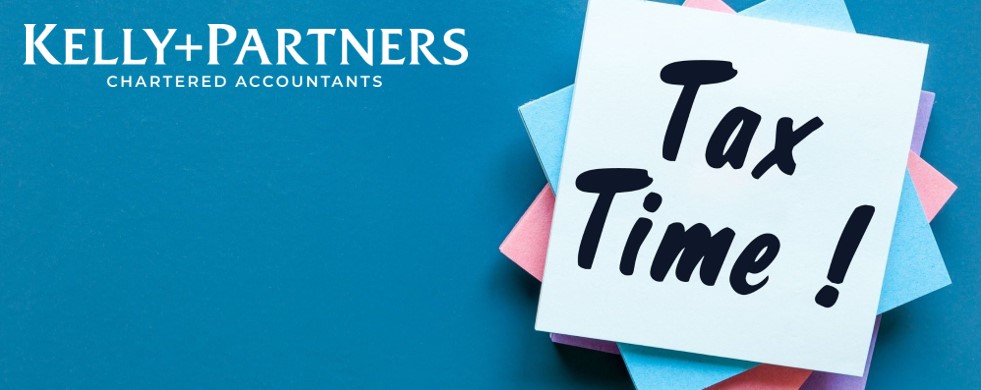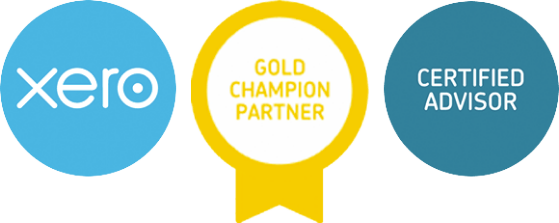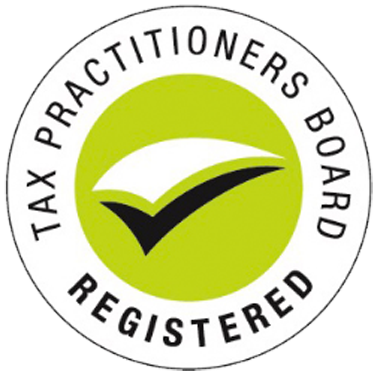It’s time to prepare for your 2023 tax return
30 June is with us, so now’s the time to get things in order for your 2023 tax return. Here’s our tips for this tax season. You can also download our tax time checklists and book your tax appointment online.
Key focus areas for 2023
For Tax Time 2023, the ATO will be focusing on 3 priority areas:
1. Rental property deductions
The ATO suggests that they have data showing 9 out of 10 rental property ownes are making mistakes in their tax returns. Common mistakes, according to the ATO, include:
- rental income being left out
- overclaiming expenses
- claiming improvements to private properties
The ATO are particularly focusing on interest expenses, particularly the apportionment of interest claims where part of the loan was used for private purpsoes. This can be a particularly problematic area and can be difficult to get right, particularly where a rental property loan has redraws made for private purposes.
During your tax appointment we will discuss with you your rental property loans. A useful tip to avoid contaminating a rental property loan is to consider using an offset account to accumulate additional funds, which can be accessed easily and does not constitute a redraw on the loan when funds are spent from an offset account.
2. Work-related expenses
This broad category of deductions is always on the ATO hit-list, but particularly so this year, given the change to many people’s working arrangements through COVID. The shift to remote and/or hybrid working arrangements means that the ATO expects a change in the pattern and nature of work-related expenses. For example, if you are working from home more, the ATO expects to see a reduction in your work-related travel expenses claimed. Similarly, if you worked at home extensively during COVID lockdowns but have now returned to the workplace, the ATO would expect to see an adjustment to your home office claims. Simply “copy/paste” deductions is never appropriate.
This year, the ATO is particularly focued on the changes to working from home deduction methods, and the ability of taxpayers to back up their claims.
There are now only two methods available for calculating a deduction for working from home expenses:
- The REVISED fixed rate method — a rate of 67 cents per hour (up from 52 cents) for additional running expenses incurred as a result of working from home. The revised fixed rate of 67 cents per work hour covers energy expenses (electricity and gas), phone usage (mobile and home), internet, stationery, and computer consumables. No additional deduction for any expenses covered by the rate can be claimed if you use this method. This method, whilst now at an increased hourly rate, is a significant change from the previous rate per hour method, as it includes more costs (notably home phone, mobile phone and internet expenses), which could have been claimed separately in previous years.
- The actual cost method — the actual additional expenses incurred as a result of working from home. This method has not changed, and requires extensive substantiation & detailed record keeping.
During the last 2 years which were significantly COVID impacted, there was a temporary shortcut method — an all-inclusive 80 cent per hour rate, only available from 1 March 2020 to 30 June 2022. This method is no longer available.
The ATO reminds taxpayers that:
- if the taxpayer’s working arrangements have changed — do not just copy and paste the prior year’s claims
- if the expense was used for both work-related and private use — the taxpayer can only claim the work-related portion of the expense.
If the taxpayer has kept track of their expenses with the myDeductions tool in the ATO app, they can email the records to their tax agent.
3. Capital Gains Tax
Capital gains tax is broadly on the ATO’s radar this year. Last year, the ATO was specifically targeting capital gains in relation to crypto assets. This year’s focus is more broad. Remember, Capital Gains Tax (CGT) comes into effect when you dispose of assets such as shares, crypto, managed investments or properties. There may be exemptions or reductions that apply, however all asset disposals need to be considered and reported to avoid unwanted scrutiny from the ATO. The ATO have access to vast volumes of data, and their data-matching techniques will generally identify any asset sale, triggering a review of your tax affairs if not reported, even if an exemption (such as main residence) applies.
If you have sold any assets during the financial year, please be sure to notify us during your tax appointment so we can determine the apporopriate reporting of the capital gains tax event.
REMINDER – Record Keeping Requirements
Remember, substantiating your claims is half of the battle. The ATO always indicate that they will be taking ‘firm action’ to deal with taxpayers who deliberately try to increase their refund, falsify records or cannot substantiate their claims.
Here is information on the penalties that may be imposed for false or misleading statements or for failing to meet record-keeping obligations. If you have any concerns regarding what records you need to keep, or how to substantiate your claims, speak with us during your tax appointment.
Book your Tax Appointment
To schedule a tax return appointment this year, you can book through our online booking system here, or phone our office on (02) 4936 6185 to schedule a time. Appointments are available face to face, online via Teams / Zoom, over the phone, or by email.
Tax Time Downloads
You can view or download our tax time checklists and questionnaires here, to prepare for your tax return appointment.




